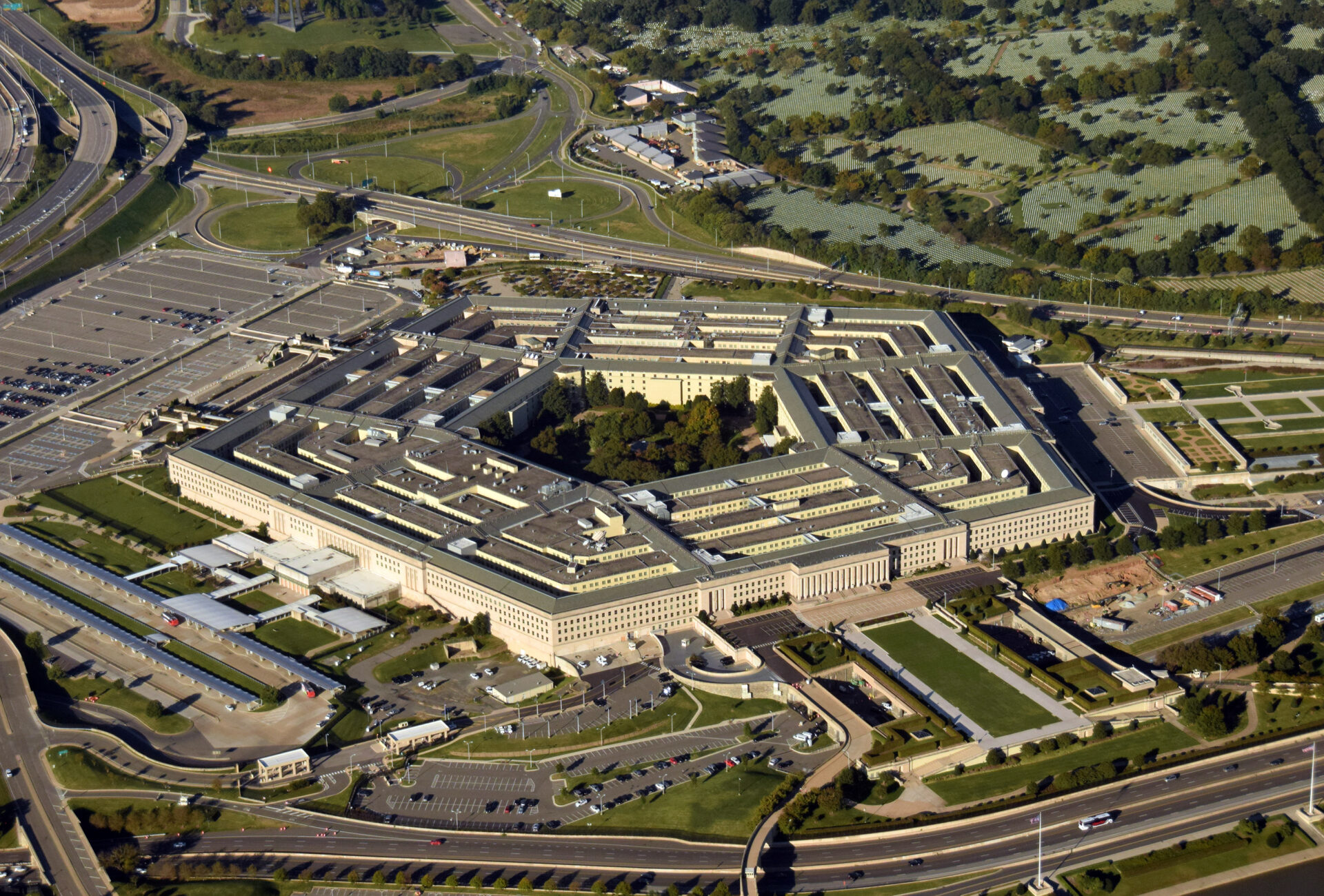A recent Pentagon report published Mar 18 revealed that the military’s medical examiner retained hundreds of organs removed during autopsies. This includes people’s brains and hearts frequently without notifying family members or, in some instances, against their wishes.
According to a report, the Pentagon Inspector General found the Armed Forces Medical Examiner System (AFMES), which conducts autopsies on service members and others who die under federal jurisdiction.
The inspector general also found out that the system lacked consistent procedures for handling and storing organs removed during autopsies.
“AFMES officials stated that when organs were retained during an autopsy, the medical examiner was required to store the organs in formalin for at least two weeks before they could examine or ship the organs,” the report stated. “Organs retained at MTFs are required to be shipped to AFMES at Dover AFB for expert examination. AFMES policy states that once the examination is complete, the remaining parts of the organ are required to be returned to the formalin and secured in the histology lab.”
REPORT: Military Allegedly Retains Hundreds Of Organs Following Autopsies https://t.co/EjmHAbiRUg
— Daily Caller (@DailyCaller) March 24, 2024
According to NBC News, a Department of Defense official confirmed on Friday that the military’s medical examiner retained 553 specimens belonging to 433 people at its Dover Air Force Base morgue in Delaware.
The official said the military is not actively contacting those relatives but instead is asking people who suspect a loved one may be included in that tally to email the military to reclaim the remains.
The military’s medical examiner retained hundreds of organs removed during autopsies — including people’s brains and hearts — frequently without notifying family members or, in some instances, against their wishes, according to a watchdog report. https://t.co/pFaSiGLm8U
— NBC News (@NBCNews) March 23, 2024
“It’s mainly in order not to retraumatize families,” the official said. “Some of these are from many, many years ago.”
However, the Pentagon’s Inspector General warned that because the medical examiner did not keep complete and accurate records of retained organs, officials may not be able to effectively answer families’ questions, which could cause emotional distress.
According to the outlet, the Inspector General’s investigation looked into more than 200 autopsies from 2006 to 2022. It found that the military didn’t record what the families of the deceased wanted in more than half of the cases.
Also, in 41% of the cases where the military did record the families’ wishes, they didn’t follow those wishes. For instance, in one case from 2010, the next of kin asked for organs retained during an autopsy to be cremated and delivered to a specific location.
Meanwhile, as of March 2023, the organs were not cremated and remained in the medical examiner’s inventory. The Department of Defense, however, is taking steps to analyze and modernize its medical examiner’s tracking system.







